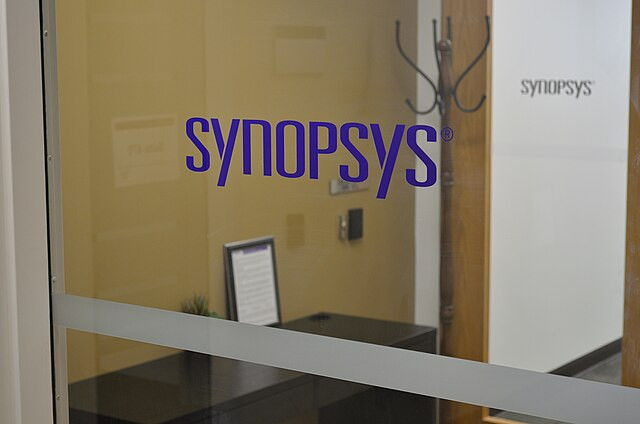U.S. semiconductor design software leader Synopsys has abruptly suspended sales and services in China and withdrawn its financial guidance for the third quarter and full fiscal year, following a directive from the U.S. Department of Commerce imposing new export restrictions targeting the Chinese chip industry.
According to an internal letter reviewed by Reuters, Synopsys informed employees in China on Friday to halt all ongoing sales, stop taking new orders, and disable access to customer support tools to comply with a May 29 letter from the Bureau of Industry and Security. The restrictions took effect immediately, the company said.
"Based on our initial interpretation, these new restrictions broadly prohibit the sales of our products and services in China and are effective as of May 29, 2025," the letter stated.
The company confirmed receipt of the Commerce Department letter in a statement following its second-quarter earnings announcement. "Synopsys, Inc. (Nasdaq: SNPS) has suspended its financial guidance for the third quarter of fiscal year 2025 and full fiscal year 2025," the company said, citing uncertainty surrounding the new rules.
The U.S. government has ordered a wide range of technology firms to cease shipments of semiconductor-related goods to China without a license, including electronic design automation (EDA) software and advanced chemical materials. Licenses previously granted to suppliers have reportedly been revoked.
Alongside Cadence and Siemens' Mentor Graphics, Synopsys dominates the EDA software sector, providing critical design tools used in manufacturing chips for smartphones, computing devices, and automobiles. The three firms collectively hold more than 70% of the Chinese EDA market, according to an April report from China's state-run Xinhua News Agency.
Chinese semiconductor firms including Brite Semiconductor, Zhuhai Jieli, and VeriSilicon rely heavily on Synopsys and Cadence software for chip development. The new restrictions are expected to deal a significant blow to China's ambitions to build a self-sufficient semiconductor ecosystem.
The internal Synopsys memo also stated that its customer support portal, SolvNetPlus, had been disabled for all Chinese clients, including global customers operating in China and Chinese military-affiliated users regardless of location.
Synopsys did not immediately respond to a request for comment.





